New Training Programme For New Lawyers. By Chief Justice Of
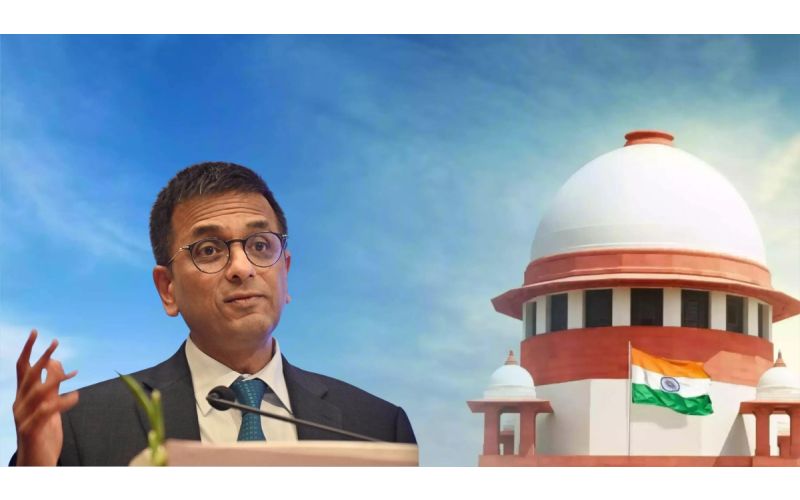
New Training Programme For New Lawyers. By Chief Justice Of India DY CHANDRACHUD 🇮🇳
‘Judges can’t burden lawyers due to uneasiness with technology’: CJI Chandrachud-
CJI Chandrachud appealed to judges to continue hybrid hearings, saying that this was not just meant for the Covid-19 pandemic period.
Chief Justice of India (CJI) DY Chandrachud on Saturday batted for the use of technology and artificial intelligence (AI) tools in the judiciary and appealed to judges to continue hybrid hearings, saying that this was not just meant for the Covid-19 pandemic period.
Addressing the two-day national conference on digitization, paperless court and e-initiative programme in Odisha’s Cuttack, the CJI said he gets a lot of public interest litigations(PILs) from lawyers across India that hybrid hearings have been stopped and a parliamentary standing committee had found that so much of technology infrastructure set up in high courts was obsolete.
“I would appeal to the Chief Justices that please do not disband that infrastructure, and technology. It was not confined to the COVID 19 pandemic. It was for Covid and beyond,” the CJI said.
“(A) parliamentary standing committee told us that in high courts, so much of technology infrastructure which has been set up is obsolete as it is not used… screens and other ICT is kept in a corner as a reminder that we once used technology. The committee said how will IT work, if so many high courts start discarding the infrastructure? Some high courts have disbanded video conference system but the infrastructure is in place. The question is not about the infrastructure but are we using it?” he said.
He further said that AI tools would be useful even as judges’ discretion would be necessary for sentencing.
“In one of my judgments which I was editing last night, I have said we cannot burden our lawyers due to our uneasiness with technology. The answer is simple: retrain ourselves,” he said.
“We do not think we want to cede our discretion, which we exercise on sound judicial lines in terms of sentencing policy. At the same time, AI is replete with possibilities, and it is possible for the Supreme Court to have record of 10,000 or 15,000 pages? How do you expect a judge to digest documents of 15,000 pages, which comes with a statutory appeal,” he said.
The CJI said that the new version of Supreme Court’s e-filing portal for crowd testing is in the final stage.
“We have aksed AoRs etc to come in groups who would be made aware of e-filing. The munshi and clerks are being trained and they cannot be left behind in the march of technology. The idea is to have mascots (representative members of the bar) who will do all e-filings, before we make it mandatory for all. Once e filing is there, there should be no physical filing,” he said.
While referring to the livestreaming of court proceedings, the CJI said that today most high courts are doing live streaming. “There are clips on Youtube of a Patna high court judge asking an IAS officer why he was not appropriately dressed and a Gujarat HC judge asking a lawyer why she is not prepared with her case going around. Lot of funny stuff is going on on YouTube which we need to control, because this is serious stuff. What happens in the court is extremely serious stuff,” said the CJI.
The CJI said after launching the LGBTQ handbook, the SC would launch a legal glossary of gender-inappropriate terms. “We have read lines like the victim was ravished by appellants or terms like ‘concubine’. Then terms like ‘Negro arrested with cocaine’. The glossary would not belittle our judiciary but in the times we are moving ahead, we pay more attention to language as much as to the substance,” he said.
Source
Post Categories
Featured Posts
Latest Posts
Latest Posts
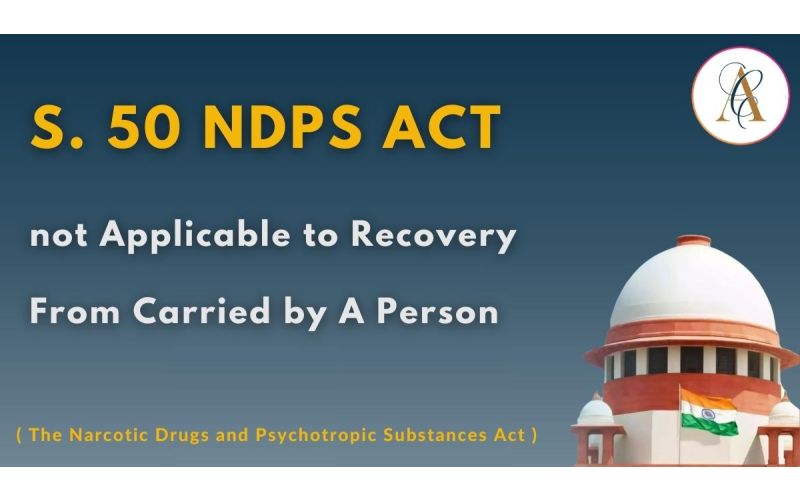
S NDPS Act Not Applicable To Recovery From Bag Carried By A Person Supreme...
The Supreme Court recently reiterated that the conditions for personal search as specified in Section of the Narcotic Drugs and Psychotropic Substances Act are applicable only for the search of the physical body of the person and not for...
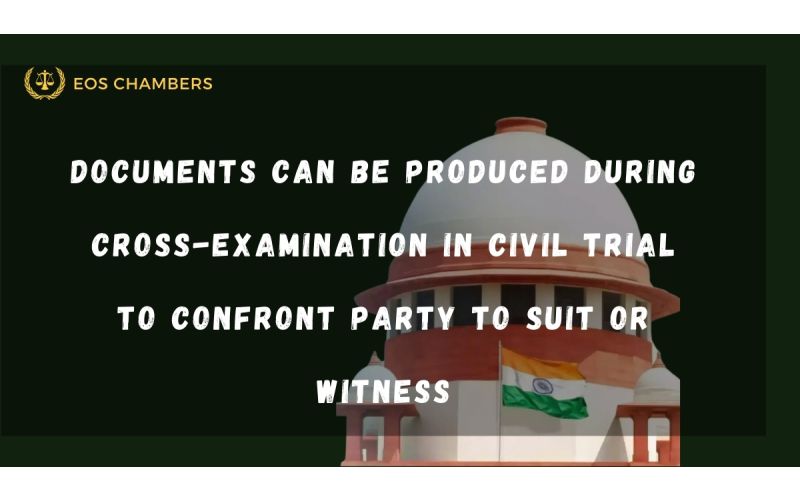
Documents Can Be Produced During Cross-Examination In Civil Trial To Confront Party To Suit...
In a notable judgment the Supreme Court has held that a document can produced during cross-examination in a civil trial to confront a party to the suit or a witness The Court also held that there is no distinction between...
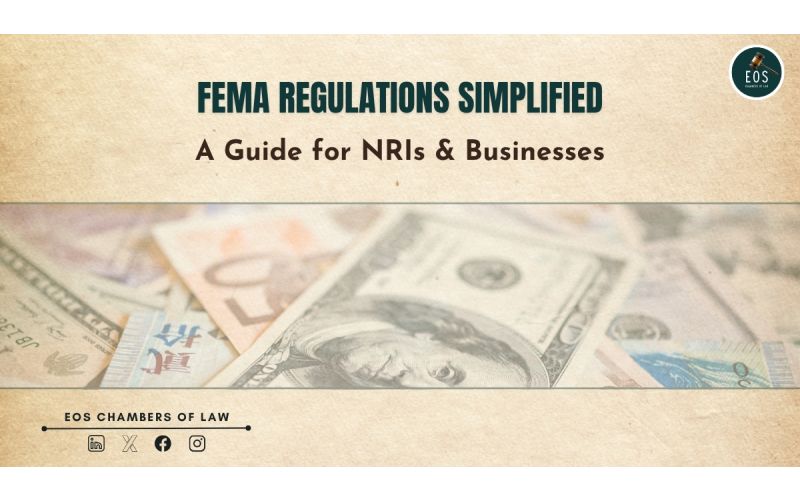
FEMA Regulations Simplified A Guide for NRIs and Businesses...
FEMA Foreign Exchange Management Act governs cross-border financial transactions in India Whether you rsquo re an NRI or a foreign company understanding FEMA is crucial to ensure compliance Key Areas Covered by FEMA Investment Rules for NRIs amp foreign investors...

Can t Seek Immunity From Legal Provisions Because Contract In President s Name SC...
Defending the Centre ASG argued that the contract in the case stands on a different footing as it is entered into in the name of the President The Union of India cannot demand an immunity from the operation of pertinent...

Supreme Court Says MP MLA Can t Claim Immunity From Prosecution On Charges Of...
The seven-judge Constitution bench of the Supreme Court said it disagreed with the judgment in PV Narasimha and the judgment in PV Narasimha which grants immunity to legislators for allegedly bribery for casting a vote or speech has ldquo wide...
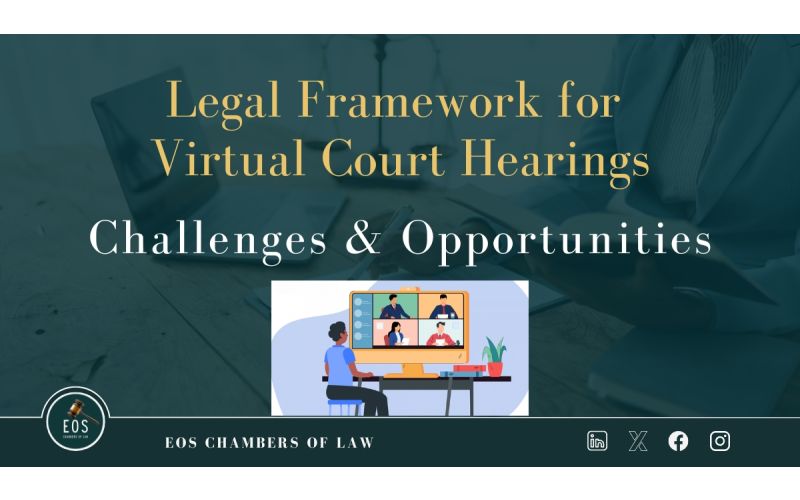
Legal Framework for Virtual Court Hearings Challenges and Opportunities...
The advent of virtual court hearings marks a significant evolution in the judicial system reshaping traditional courtroom dynamics While this shift brings efficiency and accessibility it also introduces unique challenges and opportunities that require careful consideration within the legal framework...

Speak With Our
Get a Appointment
















